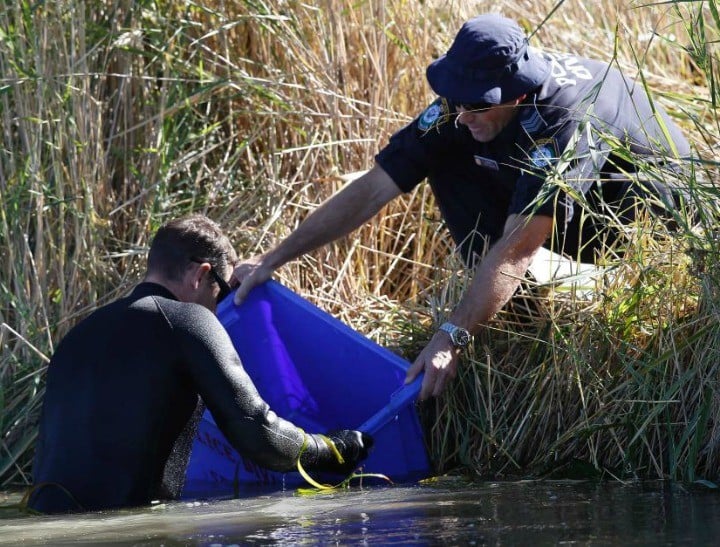
Here are today’s top stories.
1. The body of teacher Stephanie Scott found in bushland.
Police investigating the murder of missing New South Wales teacher Stephanie Scott have found a woman’s body in bushland north of Griffith.
The discovery was made around 5:00pm (AEST) on Friday at Cocoparra National Park, north of Griffith in southern New South Wales, about 70 kilometres from her home town, Leeton.
A crime scene has been set up at the location and forensic specialists are processing the scene.
NSW Police will provide an update on developments in the search at 9:30am.
Ms Scott was allegedly murdered on Easter Sunday by Vincent Stanford, a 24-year-old cleaner from her workplace, Leeton High School.
Stanford was charged with the murder on Thursday, and has been remanded in custody to reappear in Griffith Local Court via videolink in June.
The 26-year-old English and drama teacher was last seen at the school on Myrtle Street about 11:00am on Sunday, police said.
Earlier police had turned their sights to a canal in the Murrumbidgee irrigation area — near where Ms Scott’s car was found on Thursday — after a witness reported seeing a man throw something into it on Monday.
While searching the canal, police found a laptop in two metres of water.

Top Comments
Why do you have to insist on auto-playing videos... it it one of the worst browser experiences possible.
Early reports suggest the federal government will remove philosophical reasons from vaccine objector forms, but retain religion as a valid reason to opt out.
There are several problems with this, not least of which is that church and state should be separate and churches should not be dictating law.
There is also the problem that believing in a god, any god, every god, does not make one exempt from the laws of nature. There is no magic force-field around religious people, no matter how much they wish it were otherwise. Kids from religious families die all the time, from the same things other people do, and in the same ways. Religious or not, they can still be infected and they can still infect others and that's what any vaccination-related legislation should consider, not someone's predilection to deny reality and assume they are special.
Then there is the obvious problem that religion is a philosophy. It's not genetic, it's not hard-wired into the DNA. Sure, it's pervasive and widespread and often oppressive, but it's still, ultimately, a personal choice. We know this because countless thousands of people around the world turn to religion and away from religion and others change religions, sometimes more than once. As such, religion deserves no special treatment under the law. It's just a belief system and it should carry no more weight than an unfounded belief that vaccines cause autism.